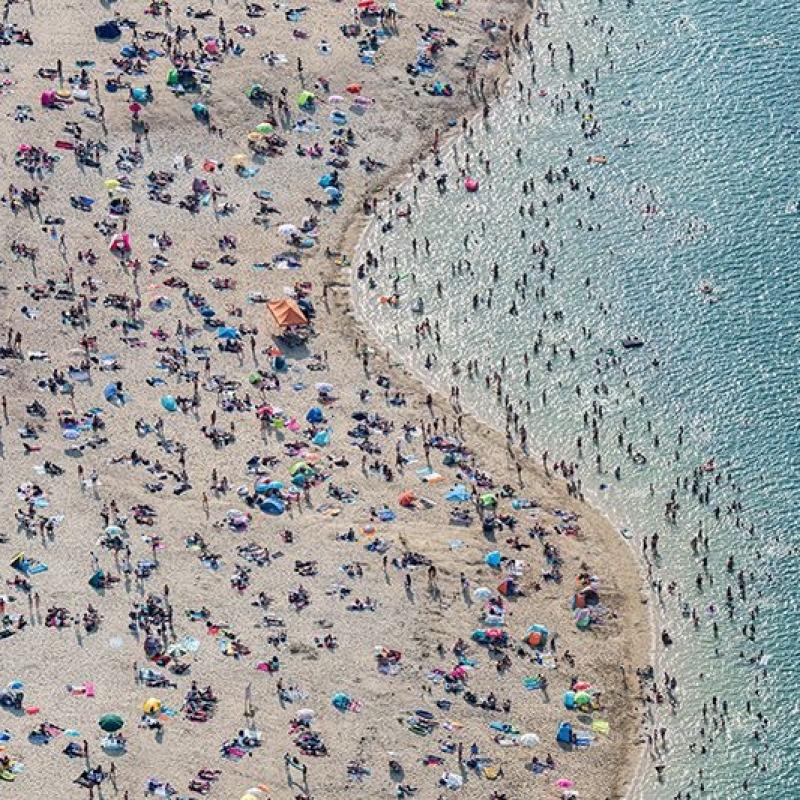Climate change made European heatwave up to 3°C hotter



The extreme heatwave that caused record temperatures last week across Western Europe was made more likely — and severe — by human-induced climate change.
In France and the Netherlands, where temperatures rose above 40 °C, climate change made such a heat spell at least 10 times — and possibly 100 times — more likely to occur than a century or so ago. The findings come from a rapid analysis by scientists with the World Weather Attribution group that combined information from models and observations.
In the United Kingdom and Germany, climate change made last week’s event five to ten times more likely, the group found. And in all locations, observed temperatures were 1.5–3 °C hotter than in a scenario in which the climate was unaltered by human activity.
The group has analysed six European heat waves since 2010 — including the one that occurred in late June — and has found that each one has been made significantly more likely and intense because of climate change.
Meanwhile, the latest European heat wave has moved to Greenland, where it is causing unprecedented surface melting of the thick ice sheet that covers most of the island.
Tags
Who is online
41 visitors

Reports on the two heat waves in Europe this summer from World Weather Attribution :
1 - Human contribution to record-breaking June 2019 heatwave in France
2 - Human contribution to the record-breaking July 2019 heatwave in Western Europe
And Siberia is on fire...
Russia has declared a state of emergency over Siberian wildfires
Warm Arctic Storm To Hurl Hurricane Force Winds at UK and Iceland, Push Temps to 36-72+ Degrees (F) Above Normal at North Pole
Greenland's ice sheet just lost 11 billion tons of ice -- in one day
Sounds like the United States should prioritize building factories to manufacture solar panels and wind turbines. Can't replace fossil fuels without increasing manufacturing. And the United States doesn't have a shortage of sand, carbon, iron, copper, or rare earths to meet its needs.
Of course, if all of this is just about winning elections by scaring voters then it can easily be ignored.